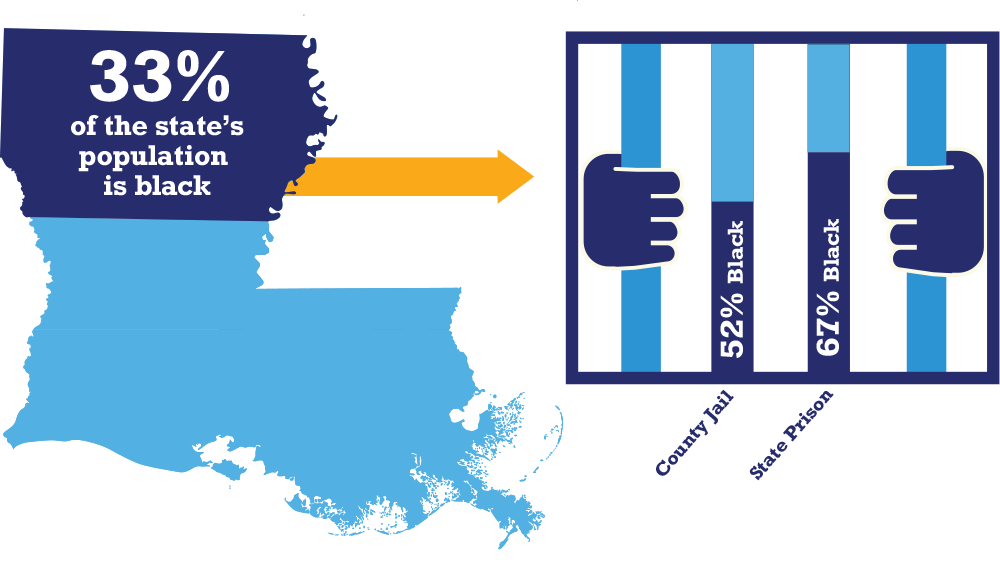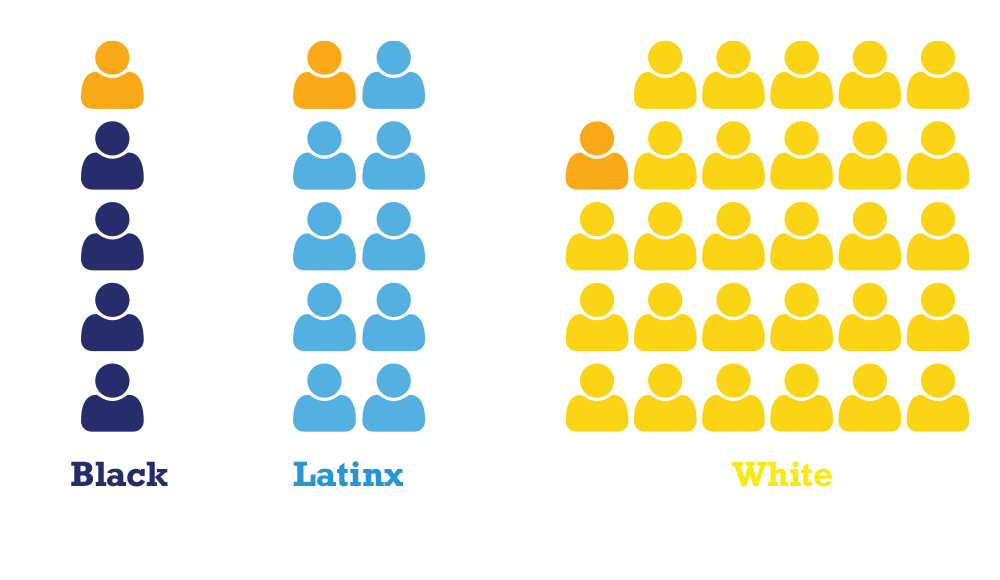Slavery and involuntary servitude were abolished back in 1865 with the passage of the 13th Amendment, but the law didn’t protect everyone. New ways to enslave Black people were created through mass incarceration. We have the chance on November 8th to end slavery once and for all in our state. Vote Yes on Amendment 7.
@knowledgela The President of Decarcerate Louisiana explaining Amendment #7 #decarceratelouisiana #endslavery #voteyeson7 ♬ original sound - KnowledgeLA
Why Slavery is on the Ballot in Louisiana for the November 8th Election
The Louisiana Constitution currently reads:
“Slavery and involuntary servitude are prohibited, except in the latter case as punishment for crime.”
This means the chains of slavery still exist for incarcerated people in our state.
This matters because:
- The rate of incarceration across the country has expanded.
- Louisiana is one of the leading states for the total number of people incarcerated
- Racial disparities among incarcerated people are still a problem.
Breaking the Chains
- Incarceration separates families and dehumanizes and traumatizes people. The exemption of slavery and involuntary servitude for incarcerated people means that Black people still are not treated fairly and remain enslaved through the criminal justice system.
- Today, in Louisiana and throughout the US, states have been able to exploit incarcerated people for profit. The labor of all people, including those who are incarcerated, deserves respect and fair pay.
Breaking Down the Stats


In Louisiana, Black people constitute 33% of the state population. Out of this 33% percent, 52% of people in local jails and 67% of people in state prisons are Black.
Women constitute a rising number of people behind bars in our state. Since 1980, the number of women in local jail has increased 746%, and the number of women in state prison has increased 546%.


One in five Black people born in 2001 is likely to be incarcerated in their lifetime, compared to one in 10 Latinx people and one in 29 white people.
Discriminatory criminal justice practices have disadvantaged Black people. Studies have found Black people are more likely to be stopped by the police, detained pretrial, charged with more serious crimes, and sentenced more harshly than white people.



